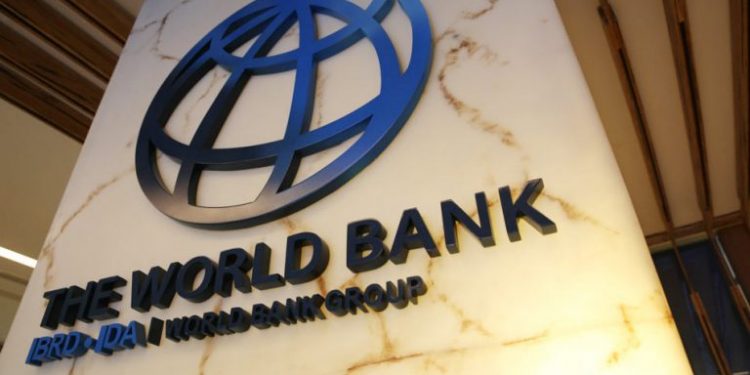The World Bank has warned that the recent revising of the debt ceiling by the Kenyan parliament risks plunging the country into debt distress as the public debt is likely to hit 70 per cent of GDP from the current 62 per cent.
As of June 2019, public debt stood at Ksh5.9 trillion comprising of Ksh3.01 trillion external and Ksh2.79 trillion domestic. The country’s total debt is up from Ksh1.894 trillion in June 2013.
Parliament’s nod
The National Assembly last week approved the raising of the debt ceiling from the current Ksh5 trillion to Ksh 9 trillion ($85.7Bn).
Parliament was changing tact in the country’s approach towards debt where it moved the borrowing cap from 50 per cent of GDP to an absolute figure of 9 trillion. Furthermore, treasury says the expression of the debt in absolute figures rather than a percentage of the GDP will provide adequate controls and oversight on the growth of public debt and offer a solution to Kenya’s rising debt.
Parliament argues that the new debt ceiling will create the space for the refinancing of expensive debt and allow a shift from domestic debt to external debts thus crowding funding to the private sector.
World Bank’s review
Currently, Kenya’s debt stands at 62 per cent of the GDP while usually, the threshold for low-middle income economies is 70 per cent.
Peter Chacha, World Bank Chief Economist for Kenya, opines that the government should aim to reduce the debt to 55 per cent of the GDP in the medium term.
The World Bank ranks debts as low risk, moderate risk and high risk where Kenya rose to moderate from low in recent years due to the government’s rapid uptake of loans.
Furthermore, the senior economist said the massive lay-offs are a worrying trend as they are a reflection of the private sector woes. There is reduced access to credit for the private sector with firms issuing profit warnings leading to reduced corporate tax and Pay As You Earn tax.
The lender warns that using debt financing to pay for consumption or unproductive assets risks plunging the country into a financial crisis as the outflow of interest and principal payments become larger than the inflows of income.
Larger deficits may lead to price instability and rise in inflation through depreciation of the local currency thus making imported products more expensive.
The World Bank recommends that the government should institute measures to grow and revive the private sector to drive economic growth and reduce over-reliance on the agricultural sector and public investment in infrastructure.




